- VisitSupport Happy HollowDONATE TODAYExploreSupport Happy HollowDONATE TODAYLearnSupport Happy HollowDONATE TODAYSupportToday’s Hours: CLOSED
Happy Hollow Blog
Buzzing Success: Nurturing Pollinator Habitats with Happy Hollow’s Progress for Pollinators Program
June 28, 2024
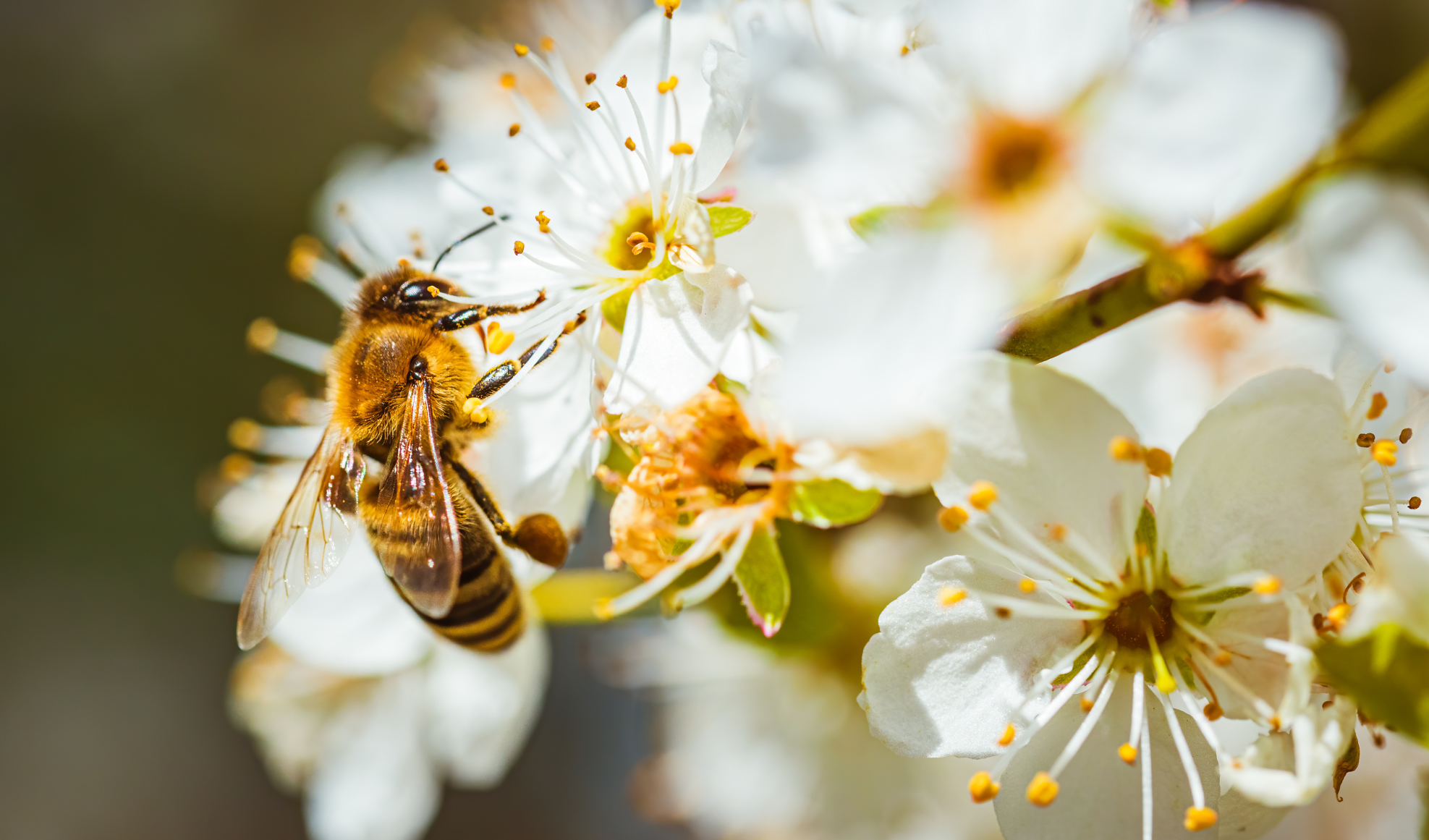
Through a partnership between Happy Hollow Foundation and Happy Hollow Park & Zoo, the Progress for Pollinators program aims to foster the creation of pollinator-friendly habitats throughout Santa Clara County. This initiative is made possible by Happy Hollow’s Quarters for Conservation program, which allocates 25 cents from every ticket sold and $1 from every membership purchased towards the conservation of wildlife and their habitats.
The grants awarded through the Progress for Pollinators program serve as a vital resource for community members and organizations dedicated to promoting pollinator conservation. By providing critical financial support, these grants empower recipients to implement projects that not only benefit local pollinator populations, but also contribute to the overall health and biodiversity of the region’s ecosystems.
The recent spring round of grants saw a total of $10,790.98 awarded to five deserving groups, including Booksin Elementary School, California Native Garden Foundation, Our City Forest, Shoreline West Association of Neighbors and Veggielution. The Progress for Pollinators program continues to be a beacon of hope for pollinators and their habitats, demonstrating the power of collective action in addressing pressing environmental challenges. As we celebrate the achievements of grant recipients and look towards the future, we are reminded of the importance of working together to create a more sustainable and resilient world for all living beings!
Here is a closer look at two of our groups that have been selected and how they plan to use the funding:
Booksin Elementary School:
“Our garden design focus is on hands-on exploration, curiosity, and nature arts, and offers many ways children can learn to take care of the earth. Expanding our curriculum to include learning about insects and pollinator habitat environments will enhance that learning environment.”
“Our intention is to create an archway-vined plant space in this center area, and then also include towers/ archways that will integrate into our classroom vegetable garden beds that will also attract flying pollinator to those areas.”
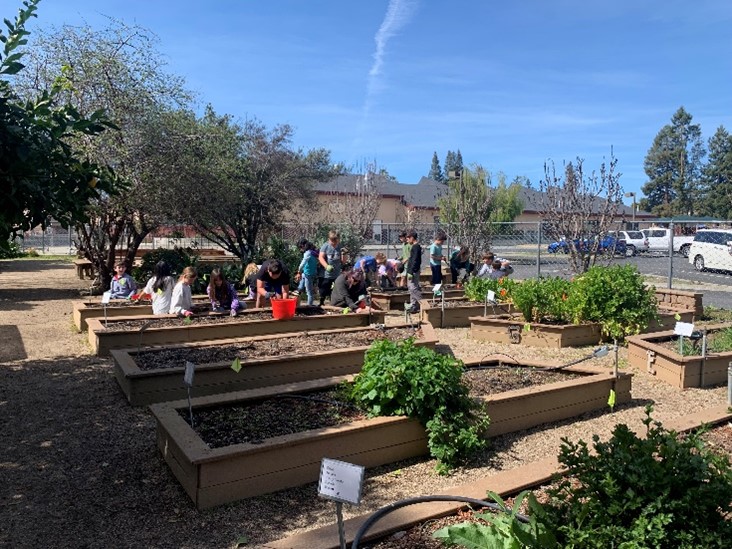
Booksin Elementary staff and students working on their garden.
Our City Forest:
“We will feature native plants identified by the National Wildlife Federation as “keystone species” supporting the maximum variety of local pollinators, as well as, targeting endangered pollinator insects. These keystone plants, vital to the local ecosystem, play crucial roles by providing food and habitat for bees, butterflies, moths, beetles and birds.
“Additionally the garden will serve as a green space for relaxation and reflection, accessible to all. This project aims to directly engage the community in pollinator conservation while creating a delightful, beautiful, educational space.”
Updates from a 2023 Pollinators Program Grantee:
The Progress for Pollinators program is proud to report on the achievements and ongoing work of previous grant recipients from the 2023 awards. Their efforts have yielded remarkable results in enhancing pollinator-friendly habitats and promoting environmental education.
Garden to Table Silicon Valley
With their Progress for Pollinators grant, Garden to Table transformed their existing herb garden into a lively and educational pollinator sanctuary. Their new pollinator garden now serves as an ideal space for all their programs and has quickly become a favorite gathering place on the farm. Key achievements include:Expansion and Enhancement: The garden was expanded with new beds and improved soil quality through composting and mulching, making it a thriving hub for pollinators like monarch and swallowtail butterflies, Anna’s hummingbirds, and bees.
New Additions: Features like a bird and bee bath, informational signage highlighting the “5 P’s” (predators, pollinators, pests, parasites, and poopers), and trellises for climbing plants create an inviting space.
Community Engagement: Volunteers, students, and families collaborated to decorate plant markers, relocate a woodchip pile, and create a seating area to observe pollinators at work.
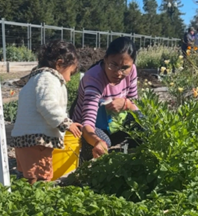
Picture of community involvement in the Garden to Tables pollinator garden.
Educational Impact: The garden is now integral to the farm’s educational programs, including field trips where students learn about insects and pollination and workshops on topics like Growing Berries and Fruiting Vines, Culinary Herbs, and Pollinator Gardens. It also supports special programming, including youth education, cooking classes and partnerships with local nonprofits.
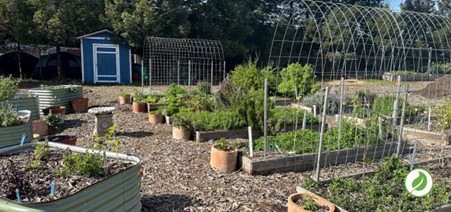
Garden to Tables upgraded pollinator garden from March 2024.
Have we inspired you to create your own community pollinator garden? The deadline for fall Progress for Pollinators grant applications is Sunday, Sept. 1 For more information and to submit your project, visit happyhollow.org/progress-for-pollinators